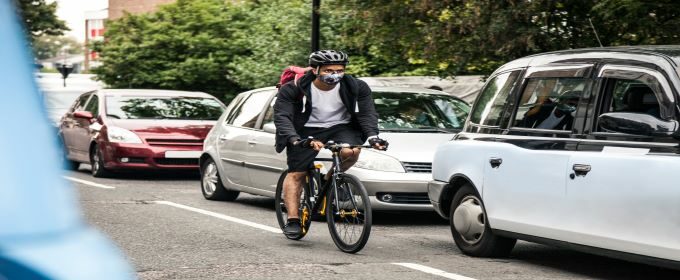In a rapidly changing world under pressure from climate change we are seeing alterations in the pattern of fires, especially in places where wildfires have not been viewed as a major threat such as the UK. Fire Danger Rating Systems (FDRS) provide a measure of the threat posed by wildfires, and are informed by fuel […]









